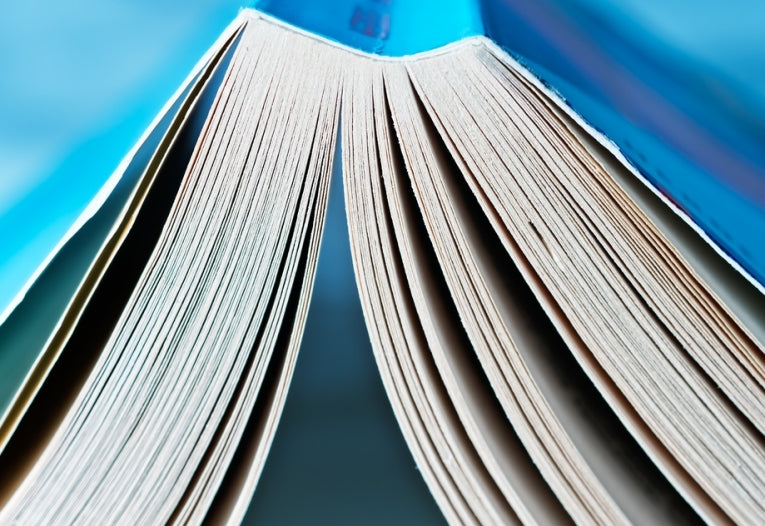As long ago as 1946 UNESCO (United Nations Educational, Scientific and Cultural Organisation) established its first committee to promote "Fundamental Education", but it was 19 years later, in November 1965, that 8thSeptember was formally adopted as International Literacy Day.
The aim of the day is to raise awareness of and concern for literacy issues around the world and since its inception the day has become a special occasion. In 1990 the UN gave international literacy a boost by proclaiming the year as International Literacy Year.
Then, in 2002, in its resolution A/RES/56/116, the UN General Assembly proclaimed the United Nations Decade of Literacy beginning on 1stJanuary 2003.
UNESCO defines a literate person as one who can, with understanding, both read and write a short statement relevant to routine life and be capable of analytical understanding of mankind's condition in the world.
Literacy is a means of personal liberation and development and is a means of providing individuals with a method of developing faculties that will improve their economic status and general well-being. It can instil values of national identity, tolerance, conservation of resources and the importance of community.
Literacy is not simply about educating. It is a unique and powerful tool that can eradicate poverty and promote social and human progress. Through literacy all can acquire a basic education. Knowledge thus gained can lead to eradication of poverty, reductions in infant mortality, understanding of issues such as family planning and gender equality, constant development, peace and democracy.
A good quality basic education will equip people for life. Literate parents are more inclined to send their children to school and literate people are more inclined to take advantage of continuing educational opportunities. Educated societies are better equipped to keep pace with pressing developments.
Literacy is seen as an effective way to enlighten a society and equip it to face the challenges of life in a stronger and efficient way.
The UN estimates that there are some four billion literate people in the world, but there are also around 775 million people who still do not have basic literacy skills. Put another way, one in five adults world-wide is illiterate and two-thirds of them are women.
75 million children do not attend school and many more only attend irregularly. Nearly 35 countries have a literacy rate of less than 50% and a population of more than 10 million are illiterate. 85% of the world's illiterate population lives in these countries.
According to a 2006 UNESCO report, the lowest regional adult literacy rate (58.6%) is in South and West Asia, followed by sub-Saharan Africa, where the rate is 59.7% and the Arab States where the rate is 62.7%.
Countries with the lowest literacy rates were given as Burkina Faso, where 12.8% of the population was said to be literate; Niger, with 14.4% and Mali with 19%. The report confirmed that countries with a poor level of literacy were also among the poorest countries in the world and that there was a close connection between illiteracy and prejudice against women.
Each year International Literacy Day has a particular theme. Past themes have included "Literacy and Health" and "Literacy and Epidemics", where the focus was on communicable diseases such as HIV, Tuberculosis and Malaria. A more recent theme was "Literacy and Empowerment", with its emphasis on sexual equality and the empowerment of women.
The theme for Literacy Day 2012 is Literacy and Peace.
Literacy contributes to peace by bringing people closer to attaining individual freedoms and better understanding of the world as well as preventing or resolving conflict. This connection can be admirably illustrated by the fact that it is much harder to establish a literate environment in an unstable democracy or a country that is affected by conflict.
A literate community is a dynamic community, one that exchanges ideas and engages in debate. Illiteracy on the other hand is an obstacle to a better quality of life and can even breed exclusion and violence. Through its formal and non-formal literacy worldwide programmes, UNESCO works to realise the vision of a literate world for all.
As UNESCO's Director General Irina Bokova put it,
"Education brings sustainability to all the development goals, and literacy is the foundation of all learning. It provides individuals with the skills to understand the world and shape it, to participate in democratic processes and have a voice, and also to strengthen their cultural identity."










